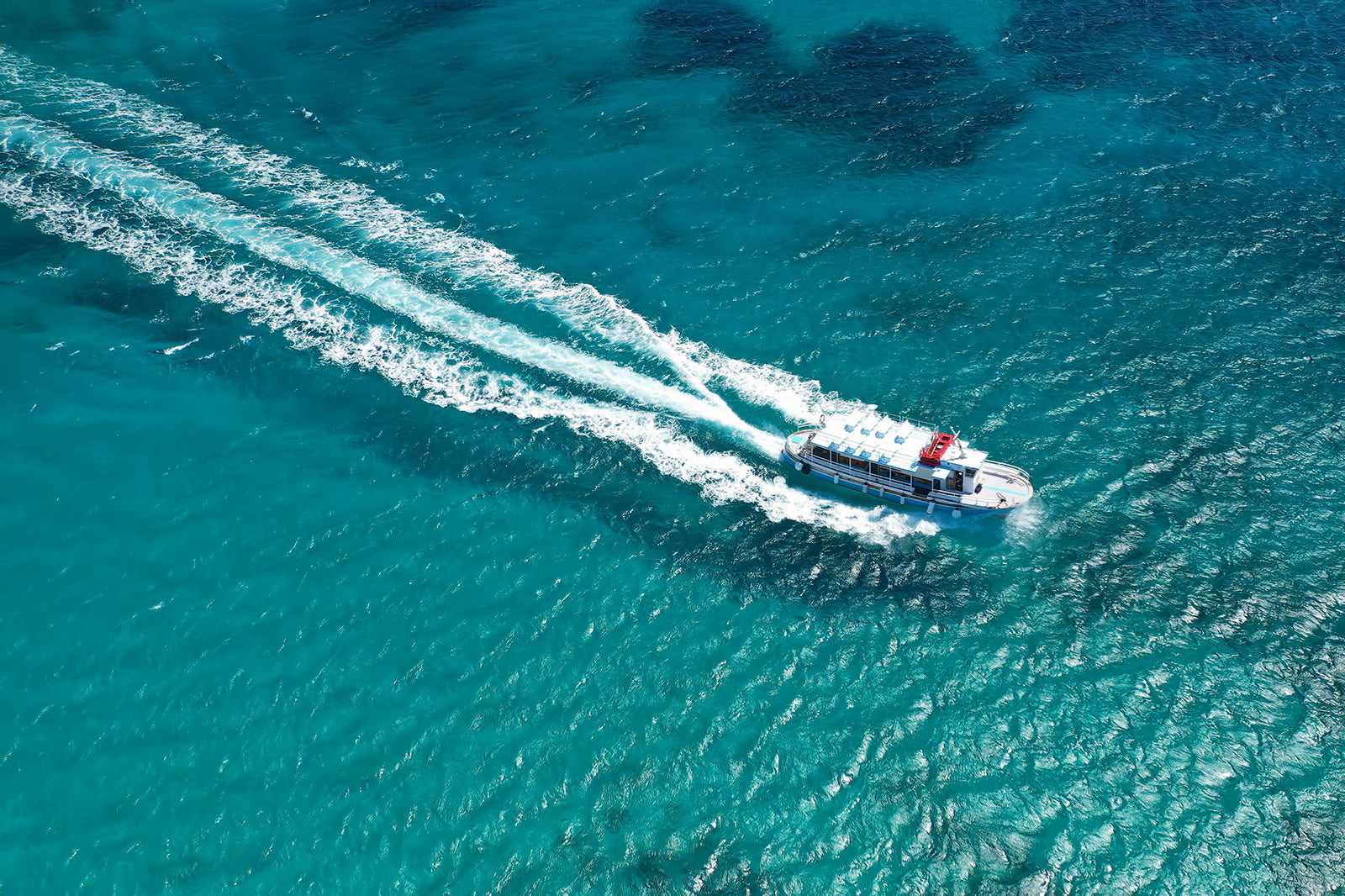Our Martinique Travel Essentials lays out the essential information you need to help you plan your trip to one of the most popular destinations in the Caribbean. No matter how frequently you travel, some questions will always need answers: What’s the weather like? How can I get from Martinique Aimé Césaire International Airport to my hotel? What currency and type of plug do I need?
We have all these answers plus other basic info about the best time to go, getting there, getting around, and a few useful travel tips. You’ll learn about the most popular landmarks in Martinique such as Mount Pelée (la Montagne Pelée), the Slaves’ Savannah (la Savane des Esclaves), and the Clement Plantation House (l’Habitation Clément). You’ll also learn about the most popular towns and villages in Martinique such as Fort-de-France, Le Diamant, Saint-Pierre, and Sainte-Anne. It’s all compiled in this Martinique Travel Essentials. After reading this short and easy-to-read guide, you will be a little more prepared to start your trip to Martinique.
What are the main towns and villages in Martinique?

Martinique is one of the Windward Islands. It’s a French territory located in the French West Indies between Saint Lucia to the north and Dominica to its south, in the eastern Caribbean Sea. The island covers an area of 1,128 sq km. The northern part of the island is mountainous and features the still-active Mount Pelée volcano as the highest point, while the south is easier to travel around and is home to popular beaches. The capital city of Martinique is Fort-de-France and some of the most appealing towns and villages, tourism-wise, are Le Diamant, Saint-Pierre, and Saint-Anne.
Fort-de-France
Established in the early 17th century, Fort-de-France is the capital city of Martinique. It sits on the west coast of the island. It’s home to historical buildings such as Fort Saint-Louis (today a French Naval Base), Fort-de-France Cathedral, and Sacré-Cœur de Balata Church, just to name a few. The main arrival hub on the island, Martinique Aimé Césaire International Airport is just south of the city. Fort-de-France isn't the most popular place to stay for a holiday, but it’s the best shopping destination in Martinique.
Le Diamant
Named after the famous Diamond Rock that lies 4.5 km southwest off the coast, Le Diamant is a charming traditional village famed for its magnificent sandy beach on the Grande Anse and for its incredible underwater biodiversity, which particularly appeals to divers. From diving to sea fishing and kayaking, there are many marine-related activities you can enjoy in Le Diamant. Visit the essential shell museum or hike up Larcher Hill for views over the bay.
Saint-Pierre
The former capital city of Martinique, founded in 1635, Saint-Pierre was known as “the Little Paris of the West Indies” before its destruction by Mount Pelée’s volcanic eruption in 1902. Today, the ruins of Fort Church, the Cyparis Dungeon, and the Rue Monte-au-Ciel are silent witnesses of this tragedy. Aside from its historical importance, Saint-Pierre is popular for its harbour, the Earth Sciences Discovery Centre, and the shipwrecks that lie on the seabed of Anse Turin.
Sainte-Anne
Martinique is home to some of the most beautiful beaches of the Windward Islands. The most beautiful of all is the Salines beach, which has made the village of Sainte-Anne one of the unmissable towns of Martinique. By taking a stroll on this long beach, you’ll reach the Etang des Salines. You’ll also reach Pointe du Diable, where the Caribbean Sea meets the Atlantic. Diving, kitesurfing, and jet skiing are popular activities in Sainte-Anne.
When is the best time to travel to Martinique?

Martinique has a tropical rainforest climate, with average temperatures ranging between 22°C and 30°C year-round.
- The rainiest time of the year is between June and November with about 19 rainy days per month. Occasional storms can be expected during the rainy season. December–May sees an average of around 12 rainy days a month.
- December–April is the most popular time to visit Martinique, but it’s also the peak season, when hotel and flight prices rise accordingly.
- May is the best time to visit Martinique. The weather and temperatures are good, you’ll be able to avoid the summer crowds, and hotel and flight prices are normally lower.
See also
- 10 Best Places to Go Shopping in Martinique

10 Best Places to Go Shopping in Martinique
Martinique - 10 Best Things to Do After Dinner in Martinique

10 Best Things to Do After Dinner in Martinique
Martinique - 10 Best Towns and Resorts in Martinique

10 Best Towns and Resorts in Martinique
Martinique
Martinique basics

- Plug type: C, D and E
- Electricity: 220 V – 50 Hz
- Currency: Euro (€)
- International dialling code: +596
- Emergency telephone number: 112
How to get to my hotel in Martinique

Martinique Aimé Césaire International Airport (FDF)
Martinique Aimé Césaire International Airport lies about 7 km southeast of Fort-de-France's city centre. It has 1 passenger terminal served by 1 runway. The terminal features a good choice of dining and shopping options as well as facilities like free Wi-Fi, banking, and currency exchange services. There are several transfer options to help you get to any destination on the island:
- Taxi ranks are at gate D in the arrivals area. They’re equipped with meters.
- Car rental agencies’ desks are in front of the terminal.
How to get around Martinique?

Travel tips
- The best way to explore the towns and villages of Martinique is on foot.
- For longer distances, renting a car is the most convenient option. The roads are in generally good condition but you can expect intense traffic in and around Fort-de-France during rush hour. Note that an international driving licence is required for foreigners to be able to drive in France and French territories like Martinique. Using an international car rental company is advisable. It’s essential to book well in advance in high season.
- Travelling by bus is a good option if you’re on a budget. Efficient and cheap, the island bus networks serve almost all towns and villages. The only downside is that they're slower than driving a car and bus schedules are limited, especially on weekends.
- Vedettes Tropicales operate lines of shuttle boats that offer a pleasant and affordable way of exploring the island. They link Fort-de-France to a few destinations including Les Trois-Îlets to the south and Case-Pilote to the north. They work in conjunction with the public bus network.
- Metered taxis are available but they’ll cost a fortune for travelling throughout the island.
photo by Florian Fèvre de Mobilys (CC BY-SA 4.0) modified
What are the main annual events in Martinique?

Bastille Day
- 14th July
- French National Day is celebrated in the West Indies as much as it is in France, especially in the capital city of the island, Fort-de-France. It features a military parade that includes firefighters and Gendarmerie in the morning, and a popular ball followed by fireworks in the evening.
- Where: All around the island
Martinique’s Carnival
- Mid-February
- Held for the first time in 1650 in Saint-Pierre, Martinique’s Carnival is presided over by Vaval and la Guiablesse, a legendary couple known as the king and queen of carnival. You’re welcome to join the parades, dance your heart out, and feast on Creole blood sausage and other local specialities for 5 days.
- Where: All around the island
Martinique Jazz Festival
- Late November
- Martinique Jazz Festival is the Caribbean’s longest-running jazz event. Caribbean and international musicians such as Branford Marsalis, Lisa Simone, and Diego El Cigala have performed at this 10-day festival.
- Where: Tropiques Atrium, Fort-de-France
What are the main landmarks in Martinique?

Mount Pelée (La Montagne Pelée)
Mount Pelée is an active volcano that rises about 1,397 metres at the northern end of Martinique. The forested foot of Mount Pelée is recognised as an Important Bird Area. It’s possible to walk up to the summit and take a panoramic view of Martinique, but it’s safer to do so with a professional guide.
Slaves’ Savannah (La Savane des Esclaves)
La Savane des Esclaves is a 3-hectare park in the Trois-Îlets countryside that lets you discover the way of life of the island’s inhabitants during the time of slavery. You can tour the site independently and at your own pace with a map provided and with many bilingual French and English signs to guide you.
L’Habitation Clément
L’Habitation Clément is a 160-hectare agricultural estate in the commune of Le François, in the southeast of Martinique. Dominated by a Creole house dating from the 18th century, this place brings together a major heritage site, a contemporary art centre, and a renowned rum distillery.
Saint-Louis Cathedral
Saint-Louis Cathedral is a Gothic Revival-style landmark in downtown Fort-de-France, built at the end of the 19th century. The nave of the cathedral, entirely supported by metal arches, gives the building its notable slenderness. Don’t miss the Grandes Orgues pipe organ and the stained-glass windows that retrace the history of the city.
This article includes opinions of the Go Guides editorial team. Hotels.com compensates authors for their writings appearing on this site; such compensation may include travel and other costs.
Start planning your trip
Where to stay in Martinique
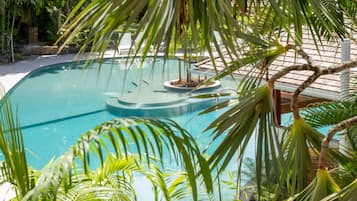
Hotel La Pagerie
Hotel La Pagerie
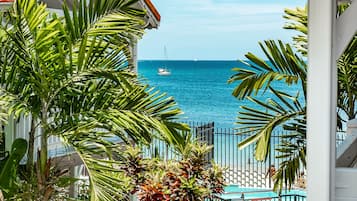
Hôtel Bambou & Spa
Hôtel Bambou & Spa
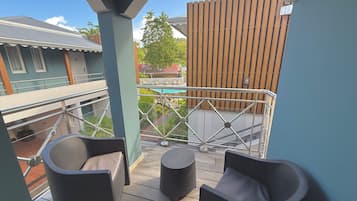
Hôtel Le Courbaril
Hôtel Le Courbaril
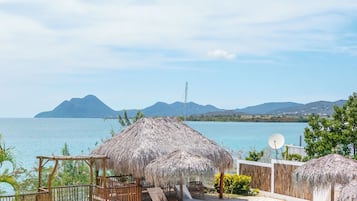
Iloma Hotel & Spa
Iloma Hotel & Spa

Karibea Sainte Luce hotel
Karibea Sainte Luce hotel
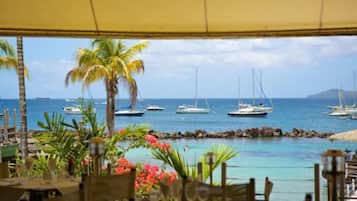
Hotel Bakoua Les Trois Ilets
Hotel Bakoua Les Trois Ilets
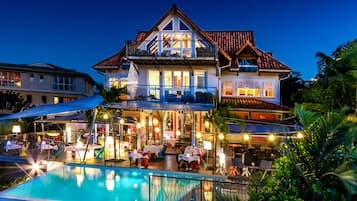
La Suite Villa
La Suite Villa
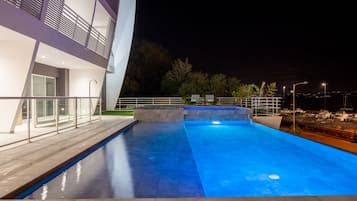
B&B HOME Fort de France Marina
B&B HOME Fort de France Marina
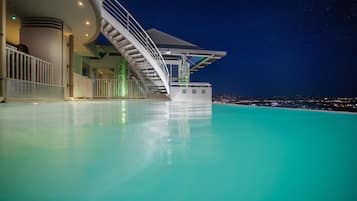
Karibea Valmenière Hôtel
Karibea Valmenière Hôtel
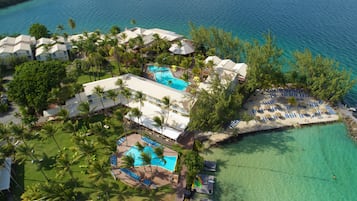
Carayou Hôtel & Spa
Carayou Hôtel & Spa
Related stories
- 10 Best Places to Go Shopping in Martinique

10 Best Places to Go Shopping in Martinique
Martinique - 10 Best Things to Do After Dinner in Martinique

10 Best Things to Do After Dinner in Martinique
Martinique - 10 Best Towns and Resorts in Martinique

10 Best Towns and Resorts in Martinique
Martinique - 10 Best Things to Do in Martinique

10 Best Things to Do in Martinique
Martinique - 10 Best Local Restaurants in Martinique

10 Best Local Restaurants in Martinique
Martinique - 10 Best Villages and Towns in Martinique

10 Best Villages and Towns in Martinique
Martinique - 10 Best Beaches in Martinique

10 Best Beaches in Martinique
Martinique - 10 Great Restaurants in Martinique

10 Great Restaurants in Martinique
Martinique
